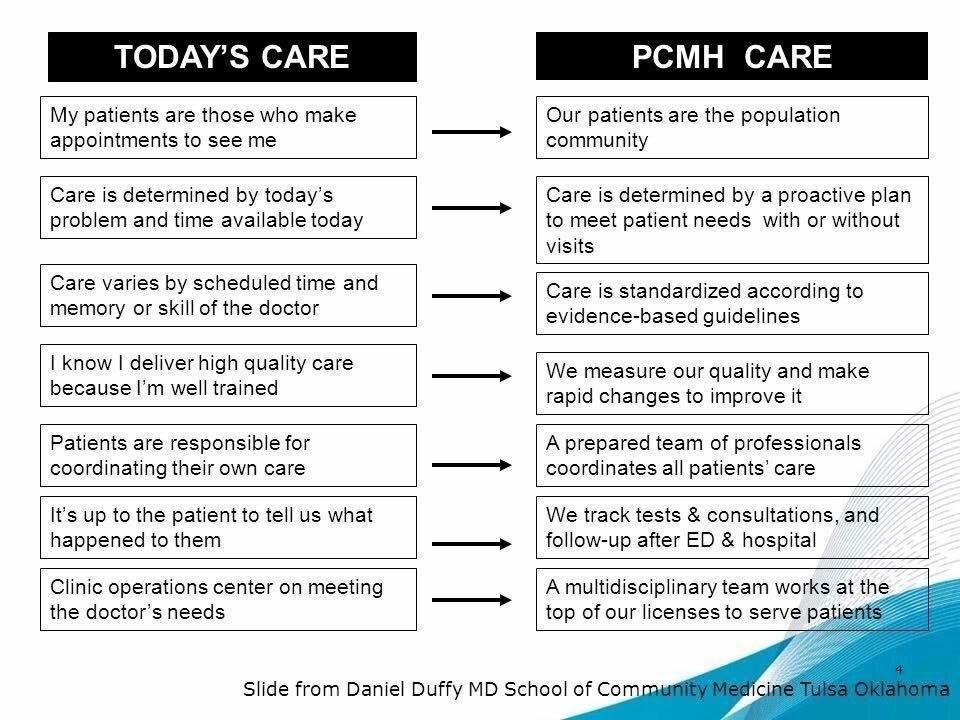There is nothing quite so frustrating as working in silos. Amongst other things, PHNs are a mechanism to reduce fragmentation in health care, and increase collaboration between the primary and tertiary care sectors. But they are often misunderstood.
Should we just invest more in general practice?
To answer this, we need to answer three questions:
- Is health care in Australia currently operating in an organised enough manner to drive high quality outcomes regardless of where a patient is in their health care journey?
- Are you confident that your loved ones will receive high quality primary health care regardless of which of their local general practices they visit?
- If we are not quite there yet, and we believe our system is fragmented and disconnected, how do we ensure that as taxpayers, we do not just pay for more of the same?
Let’s also consider:
- Are practices set up in a way that they would be able to demonstrate improvements in health outcomes over a period of time?
- How many practices in Australia routinely collect and scrutinise their data?
- How many practices have a comprehensive understanding of their patient population?
- How invested are our professional bodies in considering alternative models of funding to fee for service?
- In the USA, a certain practice has been able to demonstrate a reduction in the 28 day readmission of their patients due to medication errors from 20% to 2%. How close is our current system from being able to achieve this? Where is the data?
These are all the questions that organised care could answer. PHNs could play a key role in this area, but nationally, they are not perfect.
What are some of the key areas in which PHNs can play a role?
The table below highlights some of the ways in which one PHN, WentWest Western Sydney Primary Health Network provides support to general practices in western Sydney. This is just a brief snapshot from the WentWest brochure, Transforming Primary Care Part II, and you can find out more by visiting the WentWest website.
 100vw, 725px”></p>
<p>SOURCE: WENTWEST TRANSFORMING PRIMARY CARE PART II, BROCHURE</p>
</div>
<p>WenWest sums it up in this way:</p>
<blockquote>
<p><em>“Accelerated quality improvement calls upon a coordinated and sustained approach to change management across all levels of the healthcare sector. William Edwards Deming states that “It is not necessary to change. Survival is not mandatory”. He uses irony to demonstrate the critical importance of change for general practice to survive. WentWest has positioned itself well as a change leader, with critical success at the forefront of primary care.”</em></p>
</blockquote>
<h2>What are others saying?</h2>
<p><a href=) Dr Charlotte Hespe provides an excellent summary of what primary health networks are, and why they might help us to achieve a better and more connected future.
Dr Charlotte Hespe provides an excellent summary of what primary health networks are, and why they might help us to achieve a better and more connected future.
“[PHNs] are tasked with facilitating and assisting general practice to deliver improved high-quality, patient-centred healthcare and outcomes and can provide assistance by the provision of new services to bridge the current gaps in care that are vitally needed and should be supported to do so.”
Read more of what Dr Hespe has to say here.


